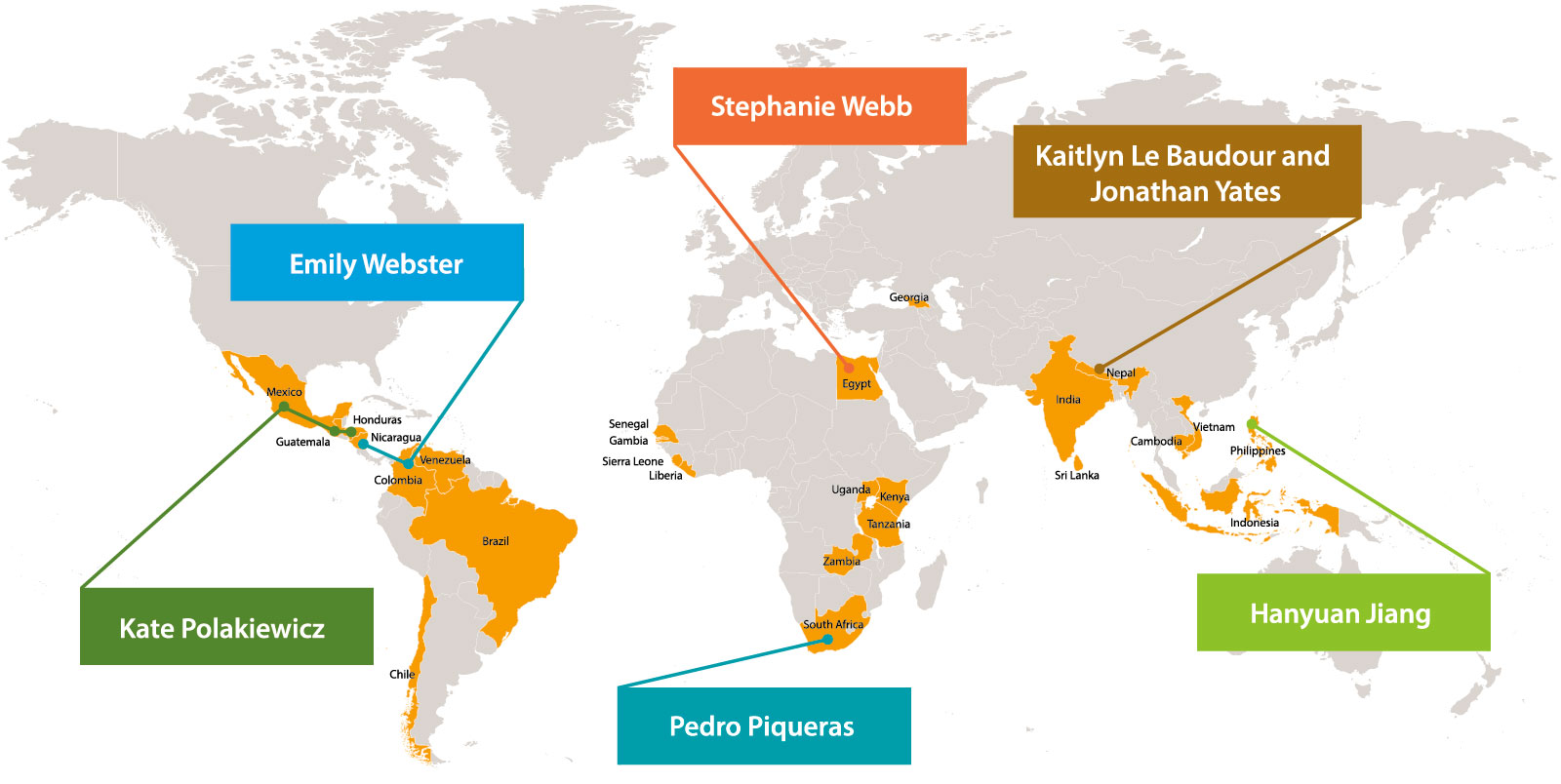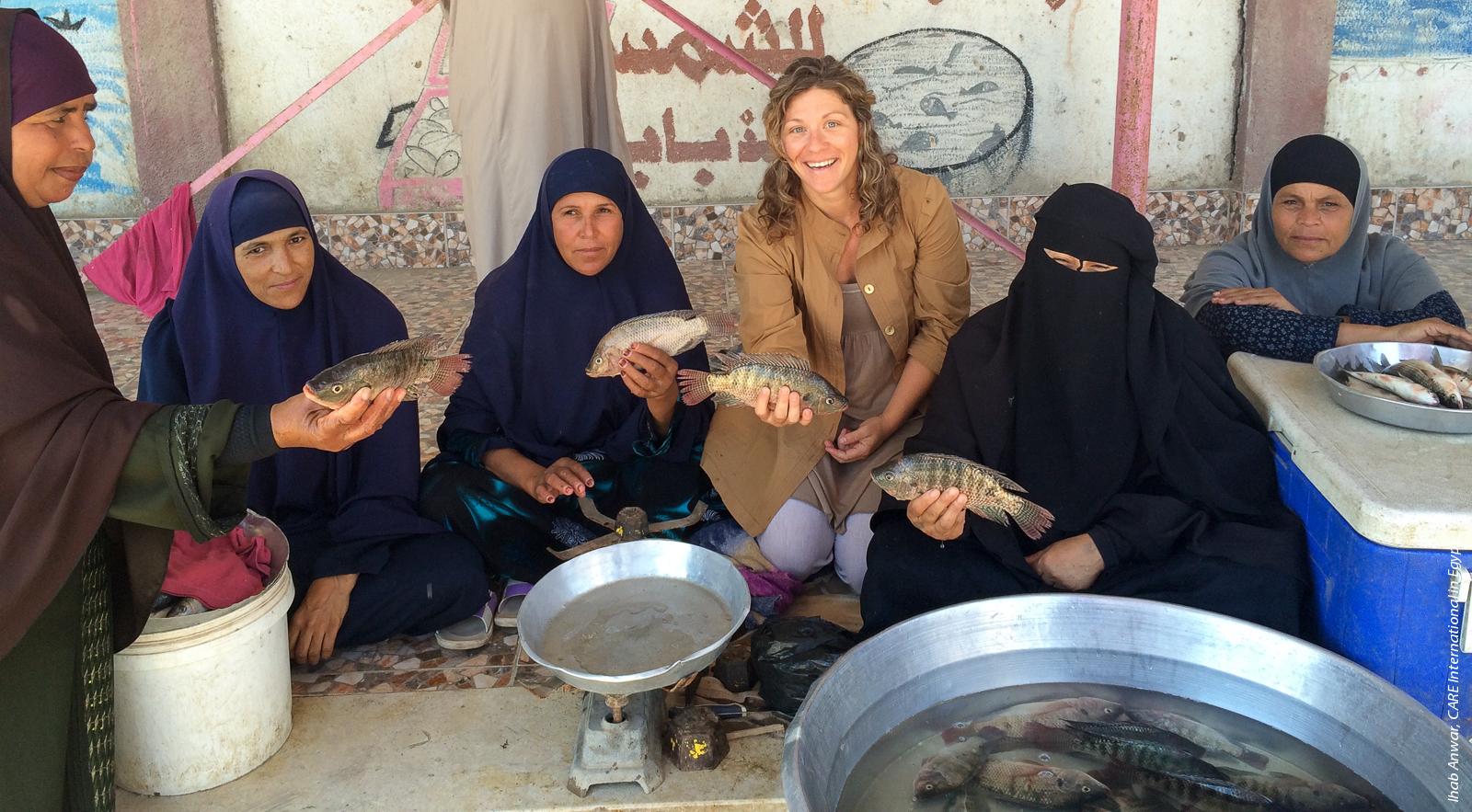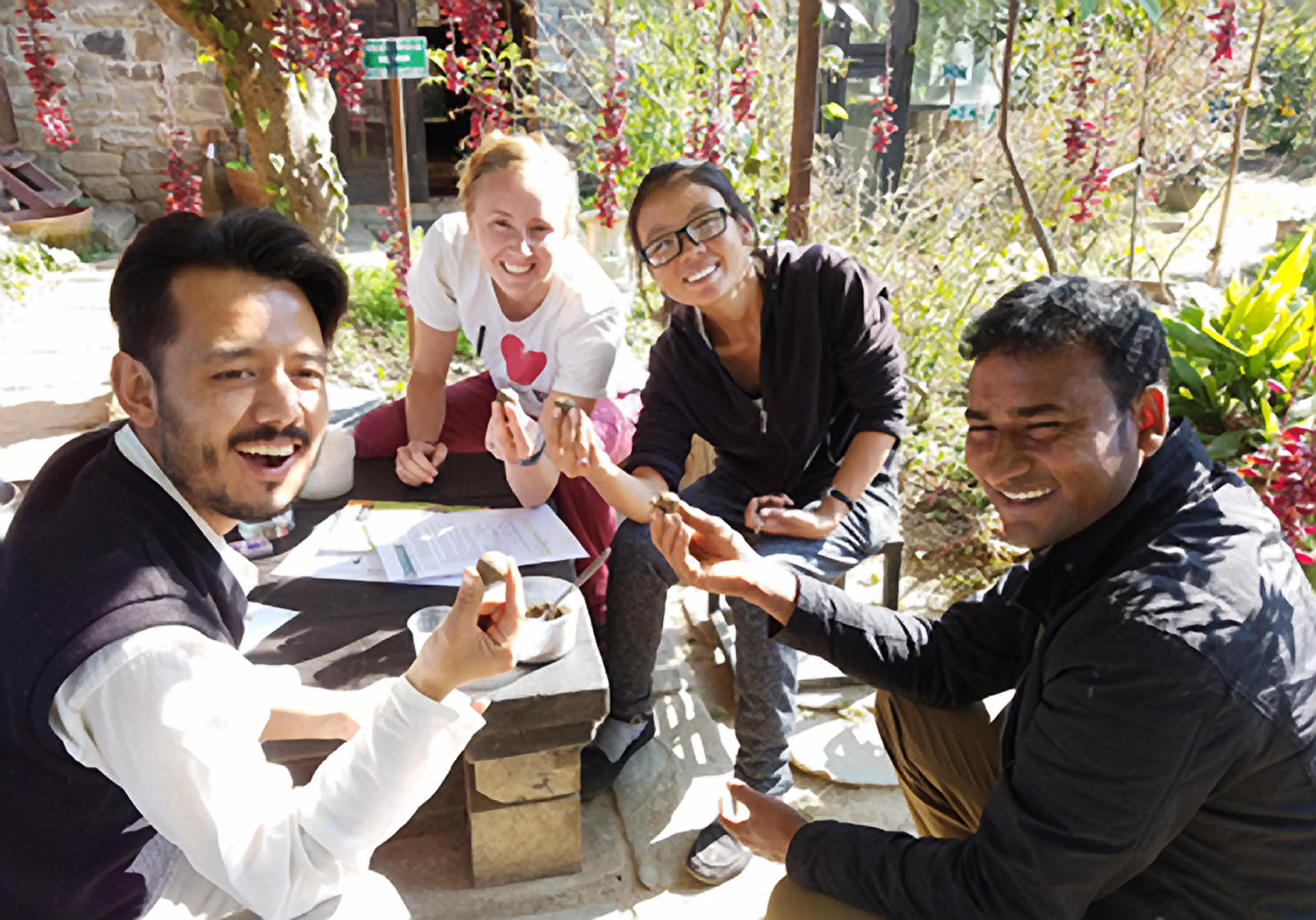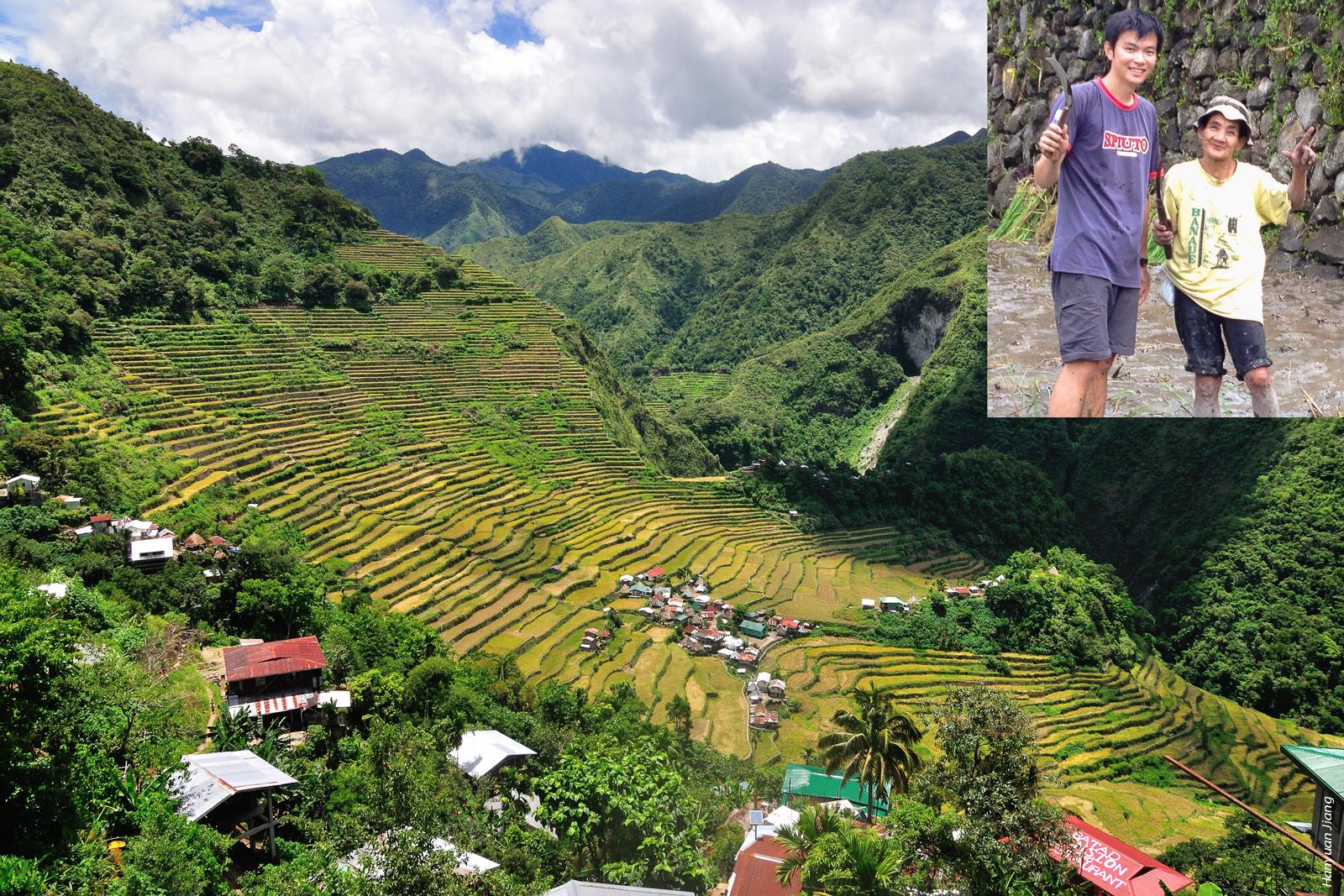All Issues
Extending agricultural knowledge globally
Publication Information
California Agriculture 71(3):112-113. https://doi.org/10.3733/ca.2017a0034
Published online September 13, 2017
PDF | Citation | Permissions
NALT Keywords
Summary
An international agricultural fellowship program has supported graduate students working in 24 countries — conducting research, providing training, overseeing field trials and more.
Full text
Through the Research and Innovation Fellowship for Agriculture (RIFA) program, the GFI has, over 2 years, supported 40 graduate students from across the UC system in conducting sustainable international agricultural development projects with host organizations around the world.
The fellowship program, initiated with funding from the U.S. Agency for International Development (USAID), links graduate students possessing significant international experience with development projects based at universities, research institutions and nongovernmental organizations in host countries. They carry out their work with the close mentorship of UC faculty.
Within their projects, fellows conduct research, provide training, oversee field trials, introduce new technologies and practices, monitor and evaluate projects and programs, and help to design new initiatives.
“RIFA fellows play a key role in the GFI by taking research to action,” said founding director G. David Miller. The RIFA program is based in the International Program Office of the College of Agriculture and Environmental Science at UC Davis. Projects run for 2 to 6 months with fellows continuing to provide support even upon their return to the United States. The fellowship covers travel and health-related costs, and provides a small stipend for living expenses.
RIFA has supported work in 24 countries by a total of 80 students (half funded by GFI, half by USAID and other sources; there were 11 students in 2015, 26 in 2016 and 39 in 2017). The program recruits from all the UC campuses and beyond and has fostered many collaborations between UC faculty and host organizations. The host organization initiates the request for collaboration and then, over several months, a project is agreed upon with a clear set of measurable objectives.
USAID funding is no longer available for the fellowships, but GFI funding will continue to support the program through 2018; Miller said he is also working on making the program sustainable by building an endowment. This has already begun with the support of donors James and Rita Seiber of Davis, who funded an additional three fellows in 2016 and have made a commitment to continue to fund one RIFA fellow per year.
The map below shows the countries where students have worked, and some examples of their projects.
—Editors
Fellow Emily Webster, a graduate student in horticulture and agronomy at UC Davis, worked with the International Center for Tropical Agriculture (CIAT) in Colombia and Nicaragua to compare the dynamics of soil macrofauna in silvopastoral systems with those in traditional pasture systems and quantify impacts on ecosystem services.
Kate Polakiewicz, a UC Davis graduate student in international agricultural development, led a study in Honduras, Guatemala and Mexico with Catholic Relief Services and the Tropical Agricultural Research and Higher Education Center to understand how soil fertility management interacts with coffee leaf rust, a devastating disease. Kate was recognized for her work as one of the GFI 30 under 30 winners (bit.ly/2tzfRwI) and, after graduation, was hired by CRS to continue work on the project.
Stephanie Webb, an environmental studies Ph.D. student at UC Santa Cruz, worked with WorldFish in Egypt to conduct rapid commodity chain assessments of the farmed tilapia industry, interviewing famers, brokers, wholesalers and retailers. She also conducted a sensory science experiment to test consumer acceptability and use of small-farmed tilapia to evaluate consumer behavior and potential markets for Egyptian farmed tilapia.
UC Riverside environmental engineering graduate student Pedro Piqueras worked with the Council of Scientific and Industrial Research in South Africa to quantify and characterize air pollutants in South Africa, helping to improve the understanding of their impacts on local crop yields.
Kaitlyn Le Baudour and husband Jonathan Yates, both international agricultural development graduate students at UC Davis, worked with the NGO Aythos in Nepal to help rural farmers establish better land management practices through the use of biopesticides and the application of new composting techniques.
Hanyuan Jiang, a graduate student at UC Davis in international agricultural development, worked with Ifugao State University in the Philippines to help with a local farmer-training program to utilize knowledge and skills of local natural resources to reconstruct traditional rice-paddy landscapes. (more: bit.ly/2ttsJUK and bit.ly/2vSVz2A)











